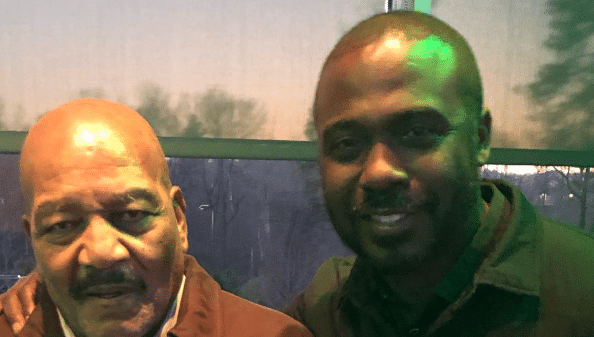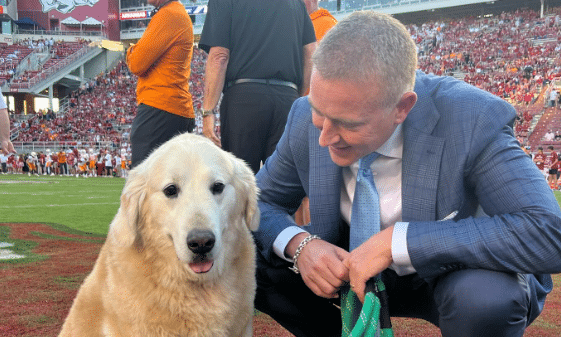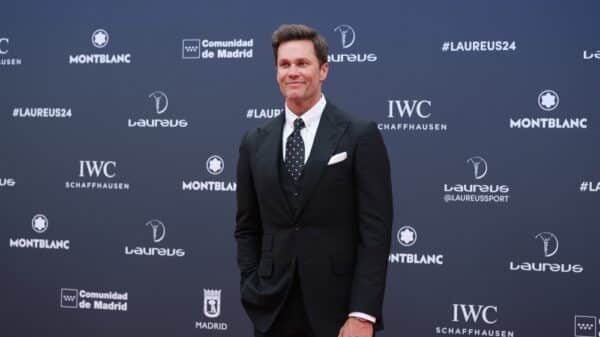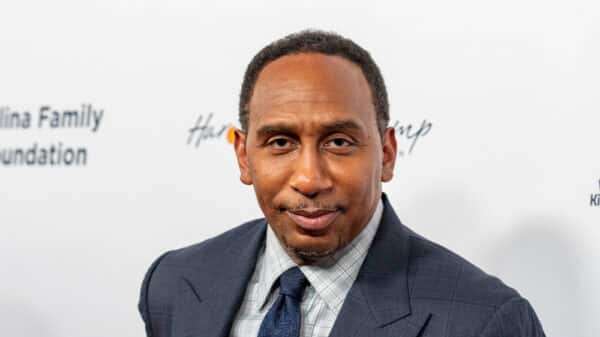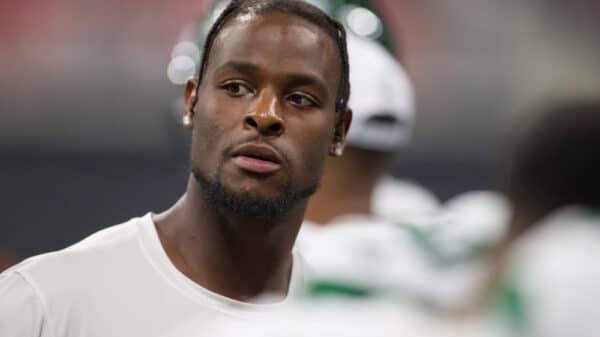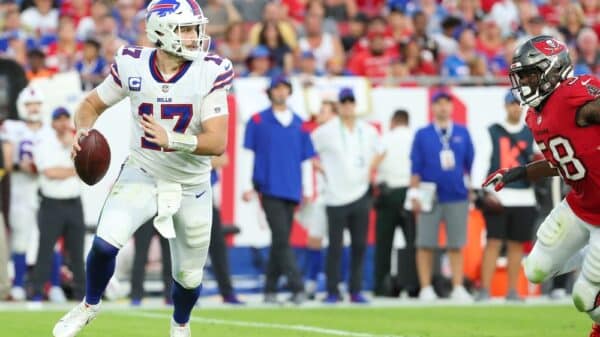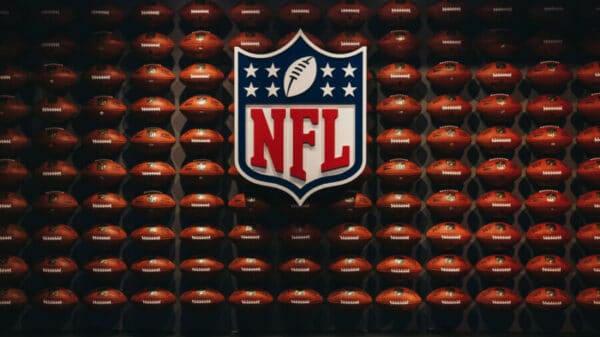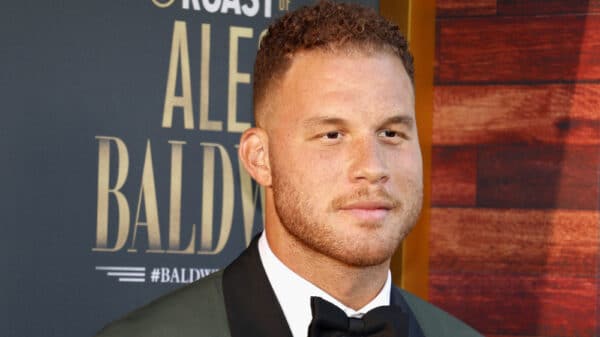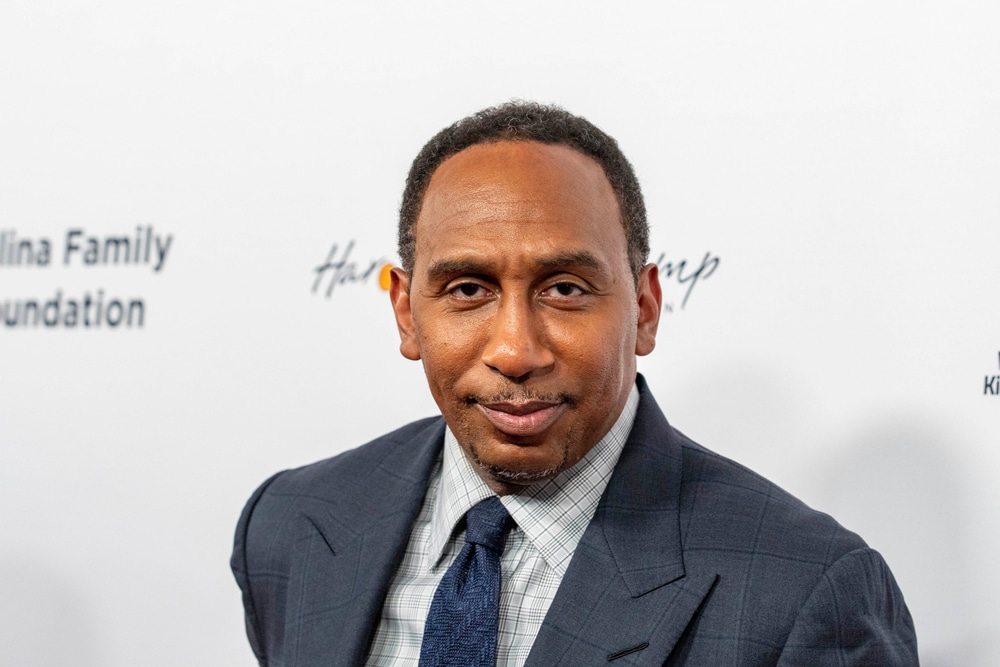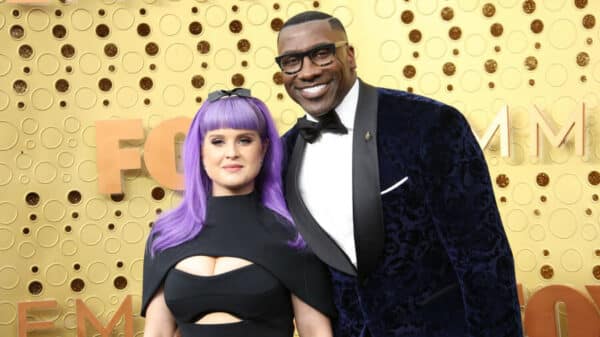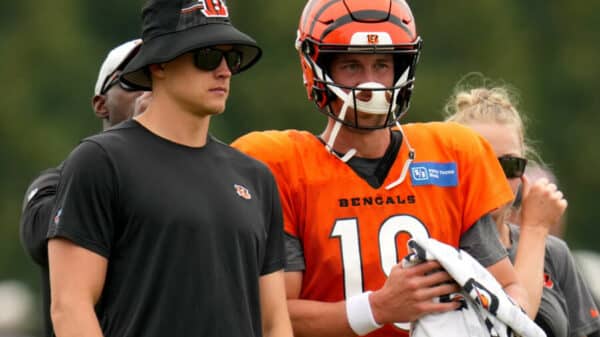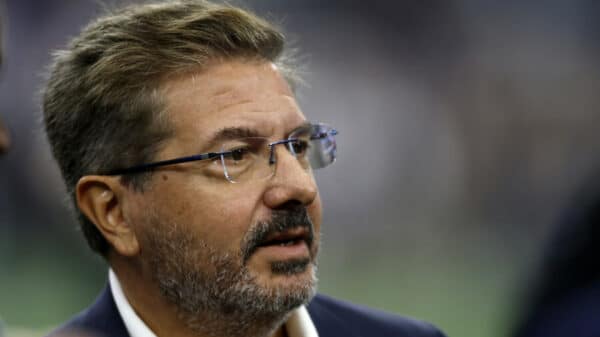In an era where your thoughts can become not just words, but commodities, the world of social media has morphed into a battleground for opinion, dispute, and debate. This dynamic playground has become even more pronounced with the recent happenings in the sports news ecosystem, particularly with former Washington quarterback Robert Griffin III. Fresh out of his stint at ESPN, Griffin is actively sharing his perspectives and thoughts across multiple platforms, engaging fans and critics alike with every tweet and post.
Not long ago, Griffin sparked a conversation that quickly gained traction on social media after he raised a thought-provoking point regarding the intersection of politics and sports broadcasts. It didn’t take long for this comment to catch the attention of Stephen A. Smith, one of Griffin’s former colleagues at ESPN. With social media being the primary vehicle for communication these days, it was easy for onlookers to jump to conclusions that all was less than well between the two analysts.
Fortunately, rather than letting misunderstandings fester in silence, Griffin and Smith opted for a more constructive approach. In a recent episode of Griffin’s podcast, *Outta Pocket with RGIII*, they sat down for a candid discussion designed to clarify any misconceptions and set the record straight. The beauty of their interaction was its openness and sincerity—a quality so often missing in today’s dialogue.
“I wish he was still on First Take… Your pops knows me a little bit… I’ve never had an issue with you… If it wasn’t me, it was something that you needed to make clear, as opposed to it being out there, so I felt the need to respond. To let everybody know that I’m not the one that has a problem with you,” Smith candidly expressed. His genuine desire to clear the air underscores a commitment to maintaining professional integrity, even in the era of viral rumors and social media accusations.
Building on Smith’s words, Griffin wanted to clarify his own side of the narrative. While he maintained that he held no personal grudge against Smith, he expressed how some of the comments made during Smith’s segments seemed to hit too close to home. “I don’t have a problem with you… But a lot of things that you said on your show about me definitely made it seem personal… We talked, we had a conversation… We both said this is a conversation that needs to be had in front of the camera, because of what you said in front of the camera,” Griffin stated. By reiterating the importance of addressing concerns publicly, Griffin emphasized how the conversation should matter, not only to them but also to their audience.
During their dialogue, the sometimes-controversial Smith took a moment to acknowledge that Griffin had made a proactive effort to communicate directly, even offering to fly out to meet with Smith after hearing some of the remarks he made about Griffin on his show. This gesture speaks volumes about their willingness to engage in direct communication rather than letting opinions be shaped solely by social media.
As their conversation shifted, Smith took a moment to defend his approach to the blend of politics and sports on his show. He articulated how political commentary has long been a part of ESPN’s discussions, reflecting on the show’s history and how such topics have contributed to his own career. “If you take what you just said and you put it next to what you wrote, all I’m saying is you were far more clear in what you said… First Take has intertwined politics and sports in the past… Historically, on this show… we’ve always done it,” he pointed out. In this way, Smith provided context that likely resonates with many viewers who’ve grown accustomed to hearing varied opinions on sports-related issues, many of which are laced with political undertones.
While Griffin and Smith might not have seen eye to eye on every single point discussed, they concluded their lengthy, 90-minute conversation with a mutual tone of respect. Their discussion highlighted a vital element of public discourse: even when opinions differ, it is entirely possible to engage in a productive and civil conversation, ultimately setting an example of how to handle differences in a constructive manner. Now, both analysts can return to their respective platforms, having celebrated the conversation as an opportunity to not just clarify misunderstandings but to boost engagement with an audience eager to hear from both sides.
Image Source: Eugene Powers / Shutterstock




